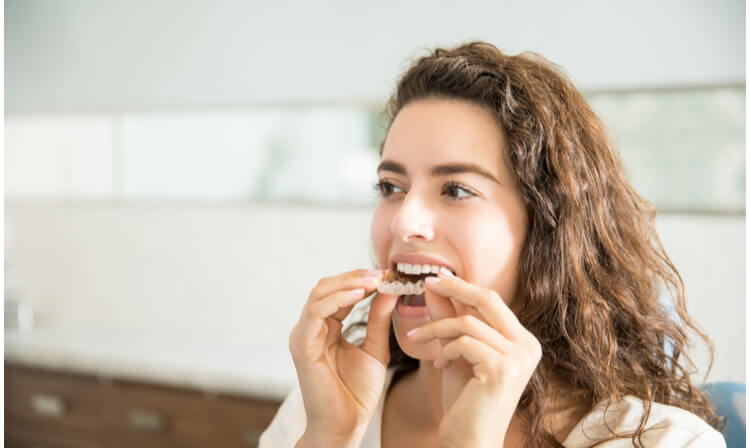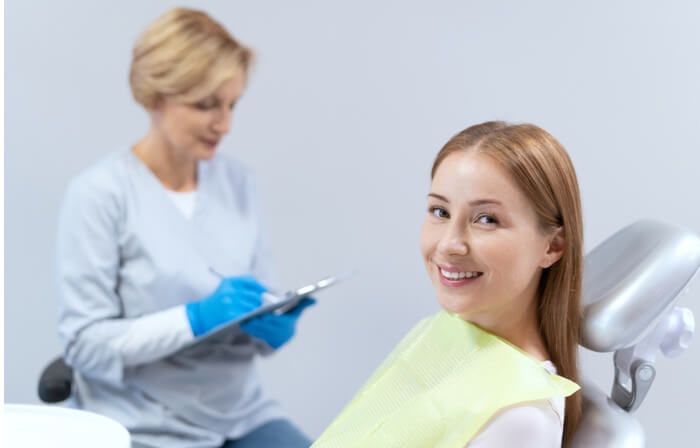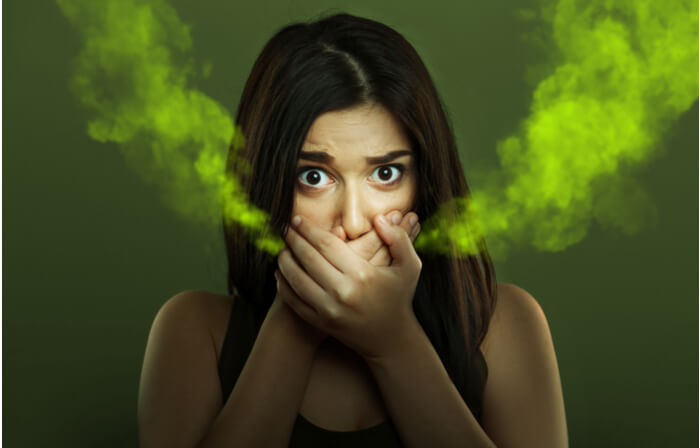It’s no secret that dental appliances such as retainers need to be cleaned regularly to prevent bacteria and plaque buildup.
But how exactly do you go about cleaning your retainer?
And what are some of the common myths associated with retainer cleaning? Read on to find out!
Do I have to clean my retainer?
Absolutely! Retainers are made of sturdy materials like acrylic, but they’re still porous enough to allow bacteria and plaque buildup.
This is why it’s not only important to clean your retainer regularly but also to ensure that it’s completely dry before putting it back in.
Retainer cleaning varies by type:
Stock
- Pros: Very easy to clean;
- Cons: May wear away with too much scrubbing; It can be hard to get all of the nooks and crannies.
Custom
- Pros: Can be cleaned using the same strategies as a stock retainer
- Cons: It may cost more than a stock retainer; Retainers made of acrylic can be easy to break, which may cause discomfort or the inability to wear your retainer.
How often should I clean my retainer?

It’s recommended that you clean your retainer after each use.
However, if this isn’t possible due to time constraints or a busy schedule, cleaning your retainer, every other use is acceptable, as well.
How to deep clean retainers
As mentioned earlier, cleaning varies by types of retainers as follows:
How to clean a stock retainer
- Soak in hot, soapy water for 10 minutes.
- Use a soft-bristled toothbrush to gently scrub all the nooks and crannies.
- Give it another soak in hot, soapy water to remove any remaining residue.
- Rinse thoroughly and let it air dry.
How to clean a custom retainer
- Clean the retainers using the same steps as above, but skip the soaking in hot water.
- Acrylic can warp when it comes in contact with high temperatures, which could cause discomfort or the inability to wear your retainer.
How not clean your retainer
There are many things that you should never do when cleaning your retainer.
Avoid the following:
- abrasive agents or toothpaste
- strong chemicals
- rough scrubbing
- boiling water
- dishwasher detergent
- harsh brushes
Any of these can warp, crack, or even break your retainer.
If you have any further questions about how to clean your retainers or if there are other ways to go about cleaning them, feel free to ask us!
As a general rule of thumb, it’s highly recommended that you clean your retainer every after use, with most dentists recommending that you do so before bedtime.
For those with hectic schedules or simply don’t have the time to clean their retainers daily, cleaning them every other day is acceptable.
If you cannot get your retainers clean on time, it’s best to store them in a glass of water with some mouthwash or hydrogen peroxide mixed with it.
This will help to keep them sterile and in good condition. Although it’s not advisable, you can also choose to wear your retainer in a pocket or a storage container.
However, this could potentially lead to unsanitary conditions and body fluids building up on your retainers over time. This can lead to discomfort and make your retainers more difficult to wear.
If you have any further questions about how to clean your retainers
How to choose the best denture cleaner for a retainer?

You can get thorough dental work done by visiting several hygienists and dentists, but not getting the correct tools for cleaning your retainers can make it difficult to keep them in good condition.
Choosing the best retainer cleaner is essential for removing plaque, food particles, and body oil from your teeth while being gentle enough on the gums.
Cleaning a retainer with harsh chemicals can wear away the material and cause discomfort. Hence, it’s important to use a gentle enough retainer cleaning solution.
It’s recommended that you opt for a retainer cleaner that is designed specifically for use on retainers.
Why does my retainer smell?

You should clean your retainer regularly to prevent bacteria and plaque buildup. If you don’t clean them, the following can happen:
- plaque buildup
- bad smells
- discomfort
If you don’t clean your retainers, you could end up facing a slew of dental issues.
At the very least, you could develop bad breath and plaque buildup. But not cleaning your retainers could cause your teeth to shift, loosen or fall out.
If your retainer is causing you discomfort, have a dentist take a look at it for you.
If you become infected or your gums hurt and don’t know why, go to a dentist immediately.
Retainer cleaning myths
Some of the baseless myths that exist about retainers include:
Myth: You can clean your retainer by boiling it in water.
Truth: Using boiling water to clean your retainer can weaken the plastic, making it easier for it to warp.
Myth: You should use toothpaste to clean your retainers.
Truth: Toothpaste contains abrasive agents that can scratch your retainer, making it more difficult to wear over time.
Myth: You can use your dishwasher to clean your retainers.
Truth: Dishwasher detergent and high heat (like in the dishwasher) can warp acrylic retainers.
Myth: You can soak your retainers in mouthwash containing alcohol overnight.
Truth: Using mouthwash to clean your retainer will cause pain or discomfort when you wear your retainer.
Myth: You can use a brush to clean your retainers.
Truth: Harsh brushes can weaken or scratch acrylic, causing it
Clean your retainer before and after use, including during orthodontic treatment or sports participation.
Following these instructions will help you keep your retainer in good condition. It may not be as stylish as braces, but it’s totally worth it.
If you have any further questions about how to clean your retainers or if there are other ways to go about cleaning them, feel free to ask us!

Key Takeaway
Brushing your teeth and cleaning your retainer go hand in hand. To maintain it healthy, you should wash your retainer with warm water and dishwashing soap once per day.
Brushing it out after every meal is also an excellent idea.
It’s advisable to see your dentist or orthodontist for detailed instructions on how to take care of your retainer, as the advice on this page is only indicative.
If you are in Houston, Bellaire, and Missouri City, and want to learn more about how to disinfect your retainer, contact Brownstone Dental.
Our team of experts will be glad to discuss it with you.